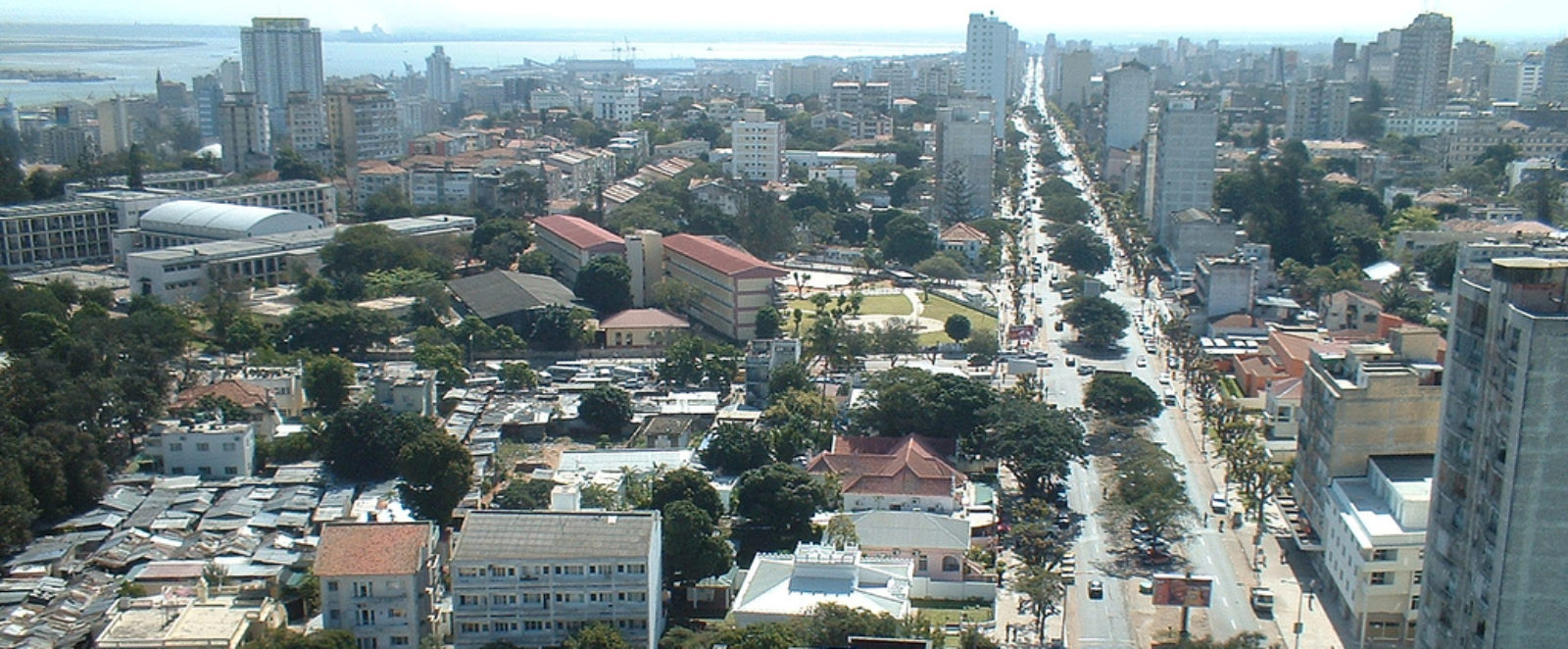News
Latest article published: Urban electricity governance in Dar es Salaam
Urban electricity governance and the (re)production of heterogeneous electricity constellations in Dar es Salaam
Electricity infrastructures in sub-Saharan African cities are characterized by heterogeneous socio-technical constellations, including alternative grid access channels and off-grid systems. These constellations secure access beyond conventional grids but also produce adverse social, environmental, and economic outcomes affecting sustainable energy transition efforts. In fact, interventions aiming to promote energy transitions may be restricted by institutional mechanisms that produce and maintain these heterogeneous constellations. This article explores these institutional mechanisms by focusing on the governance of heterogeneous electricity constellations in Dar es Salaam, Tanzania. It develops a novel framework on governance modalities to understand and explain the logics, mechanisms, and actors that govern different constellations across diverse neighborhoods as well as to unpack how they limit the potential of sustainable energy transitions and offer specific opportunities for them.
This article is based on a qualitative case study covering three diverse neighborhood types in Dar es Salaam (i.e., low-income, peri-urban, and affluent areas) that reflect heterogeneous user demands. The research draws on interviews with residents and community leaders to understand local modes of coordination, the participatory observation of technical features and user practices, as well as document sources and semi-structured expert interviews to analyze institutional aspects. Our study demonstrates that heterogeneous electricity constellations in Dar es Salaam are governed by the place-based interplay of four governance modalities: hierarchical, market-based, network-based, and managerial governance. Based on this conceptualization, we identified critical barriers for interventions toward urban energy transitions in the context of infrastructural heterogeneity, namely, conflicting logics that shape conventional grid services, complex and fragmented actor constellations, and diverging, place-based interests among various actors, including different state actors.
Our study indicates that heterogeneous urban infrastructure constellations are not merely a response to the considerable socio-spatial inequalities within Southern cities. Rather, their prevailing importance and (re)production must be understood as resulting from the interplay of various governance modalities. The study contributes to debates on urban energy transitions in sub-Sahara Africa by explaining the institutional complexity associated with infrastructural heterogeneity, which can restrict interventions aiming to improve and universalize service provision through heterogeneous urban electricity constellations.
The article is available open access here.


